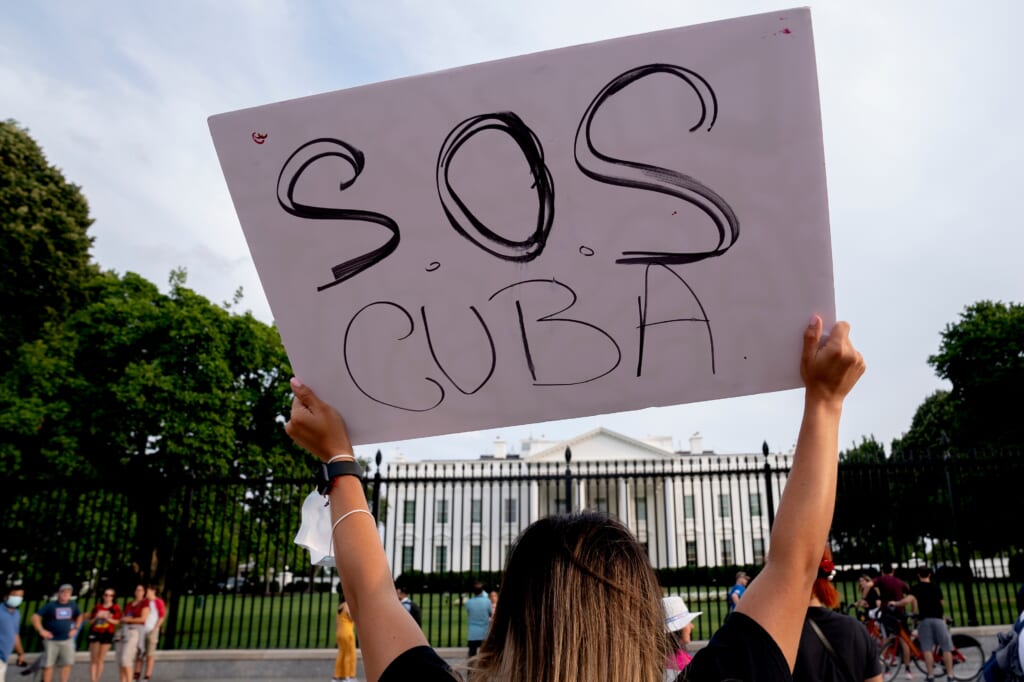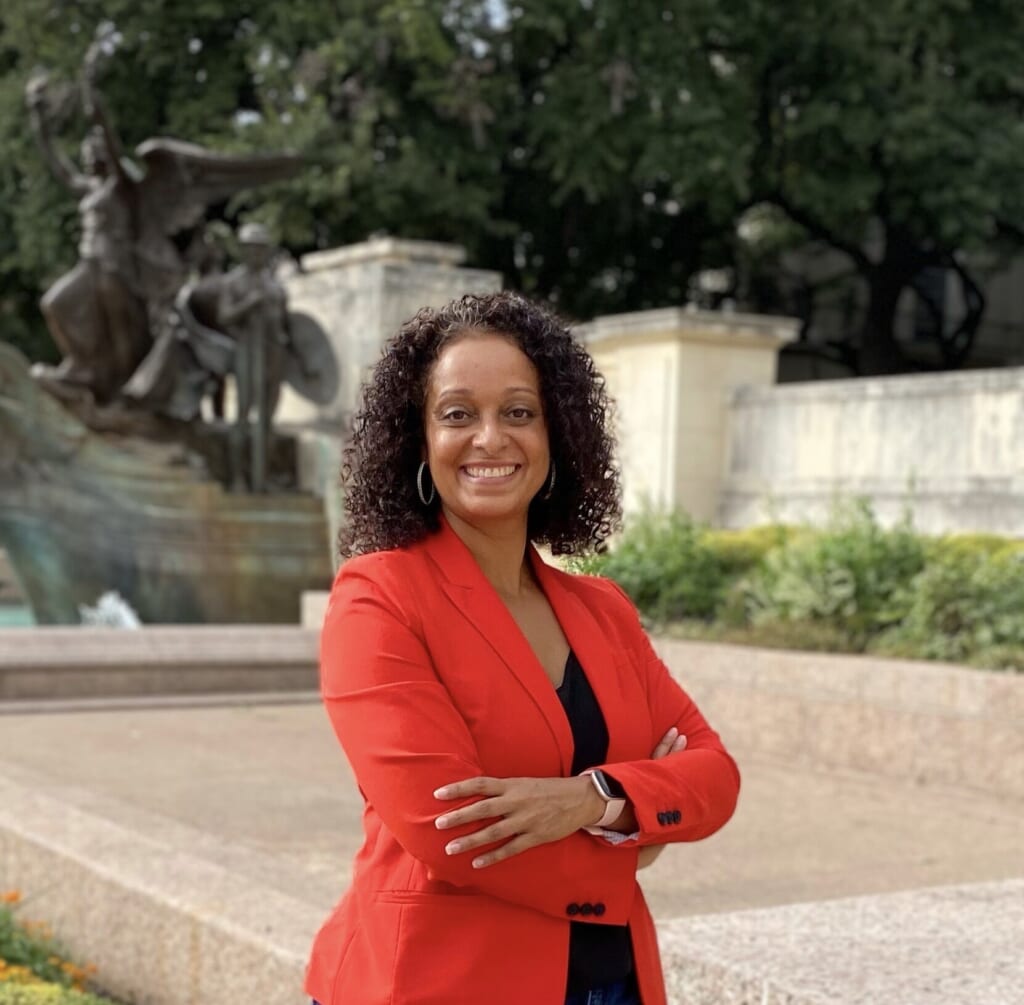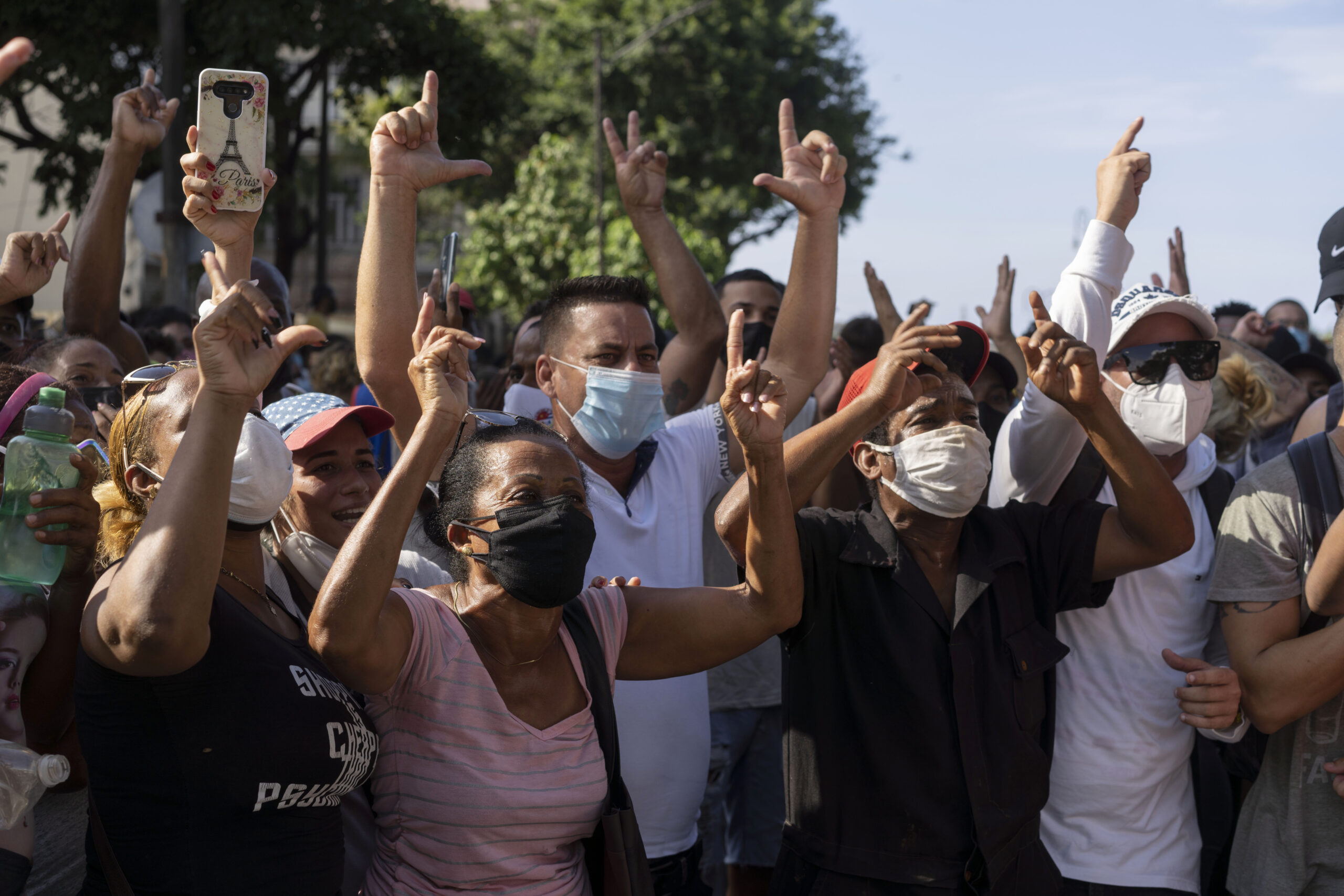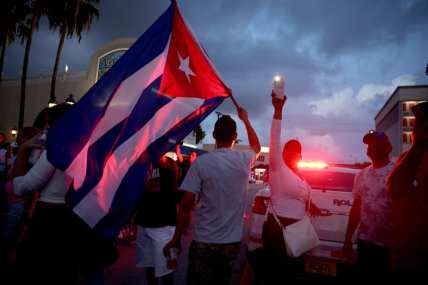Will protests lead to lasting change in Cuba?
theGrio talks to Cuba expert Dr. Danielle Clealand, who provides perspective on the recent crisis in the island nation
Protests in Cuba erupted last week when the island nation expressed its dissatisfaction after food shortages, electricity outages, and rising COVID-19 cases made life there unbearable. In dissent not seen in the last few decades, Cubans took to the streets across the island to ask for change.
They were supported by activists on the ground in Miami, home to a large percentage of those with Cuban heritage, and by President Joe Biden, who said in a statement that he was in full support of the Cuban people’s right to protest.
“We stand with the Cuban people and their clarion call for freedom and relief from the tragic grip of the pandemic and from the decades of repression and economic suffering to which they have been subjected by Cuba’s authoritarian regime,” Biden’s statement read. “The Cuban people are bravely asserting fundamental and universal rights.

Those rights, including the right of peaceful protest and the right to freely determine their own future, must be respected. The United States calls on the Cuban regime to hear their people and serve their needs at this vital moment rather than enriching themselves.”
Biden also referred to the nation of 11 million as a “failed state.”
But Cuban President Miguel Diaz-Canel said that 60-plus years of an American economic embargo, which meant that countries that trade and do business with Cuba cannot also do business with the United States, has crippled the country more than its communist ideology.
“The United States has failed in its attempts to destroy Cuba despite spending billions of dollars in its attempts to do so,” Diaz-Canel said on Twitter, per NBC. Since the protests, the government has moved to provide its people limited aid, and protests, though they have continued in U.S. cities, have seemingly stopped.
But the full scope of the situation in Cuba remains unclear as the government cut off access to the internet and social media messaging apps.
“For the first time in 62 years, they are risking their lives from one end of the island to the other to demand accountability from the regime,” Cuban-American filmmaker and Democratic policy advisor, Carmen Peláez told NBC News. “I’m anti-embargo. But it’s not about the embargo right now. That’s not what this fight is about.”
To gain more clarity on the complicated issues surrounding the protests, theGrio spoke to Dr. Danielle Clealand, an associate professor in the department of Mexican and Latino studies, with a secondary appointment in the department of African and African diaspora studies, at the University of Texas at Austin.

Dr. Clealand’s award-winning book, “The Power of Race in Cuba: Racial Ideology and Black Consciousness During the Revolution”, was published by Oxford University Press in 2017.
“This is the first time that Cuba has really risen up and protested the government,” Clealand told theGrio. “And so it’s a really exciting moment. And it’s also a very scary moment because we don’t know what the state response exactly has been and we don’t know what it will be.”

Cubans wonder what’s next after protests
“And so I think if nothing else, this has changed the perspective of the government. This has changed the perspective of the people. And so I think that hopefully if there can be a sustained kind of movement, then maybe something can happen where real political reforms can be made.”
Watch the entire interview with Dr. Clealand above.
Have you subscribed to theGrio’s new podcast “Dear Culture”? Download our newest episodes now!
TheGrio is now on Apple TV, Amazon Fire, and Roku. Download theGrio today!

